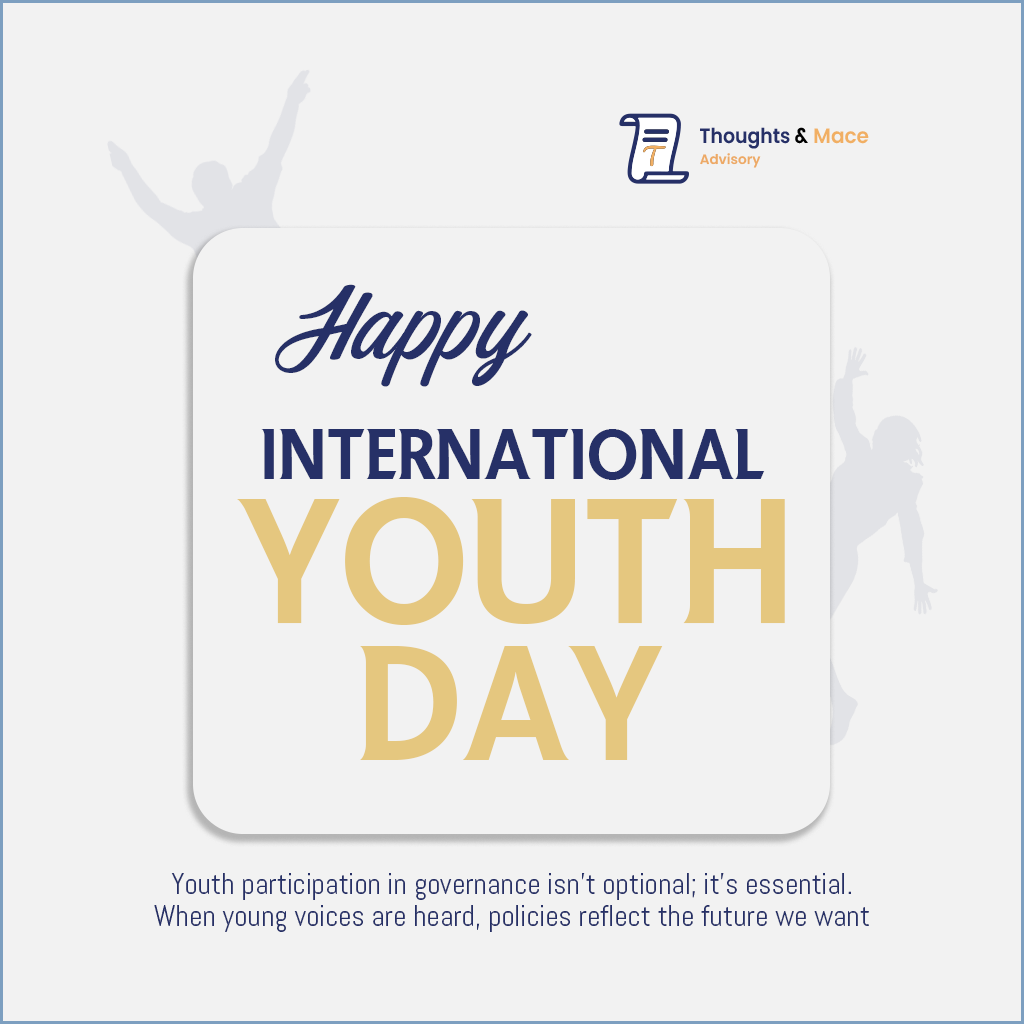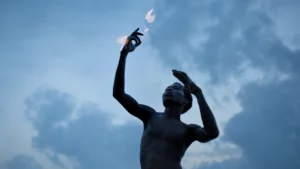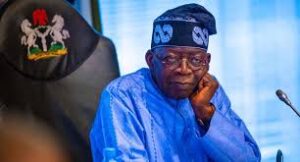
In a country often described through the lens of its challenges political instability, economic strain, and entrenched systems like godfatherism, Nigerian youth are quietly and not-so-quietly rewriting the story. The 2025 International Youth Day theme, “Local Youth Actions for the SDGs and Beyond”, could have been coined with them in mind. Across the nation, young Nigerians are taking the broad strokes of global ambitions, climate action, social inclusion, innovation, gender equality-and translating them into local, tangible, and community-driven realities. This is not theory; it is lived experience. From the bustling streets of Lagos to the farmlands of Kaduna, youth are building businesses, championing sustainability, innovating in governance, and creating art that travels the world.
What makes this transformation remarkable is not just the scale, but the context. Political power in Nigeria is rarely inclusive, job opportunities remain scarce, and public institutions are often slow to respond to change. Yet, in spite of these conditions-or perhaps because of them, young people have resolved that no one is coming to save them. They are contesting elections, launching tech startups, turning waste dumps into public parks, mobilizing faith-based action, and using music, fashion, and digital content to export Nigeria’s culture and economy to the world. In doing so, they are proving that resilience is not just a personal trait, but a collective force capable of reshaping communities from the ground up.
And so this theme resonates deeply in Nigeria, as young people have refused to wait for rescue. They have carved out opportunities where none existed, building impact bit by bit.
Take 17-year-old Amara Nwuneli, winner of the 2025 Earth Prize, who transformed a dump in Ikota, Lagos, into a children’s park with recycled tires and flood-resistant trees businessinsider.com. Her work, now expanding to other states, is proof that Nigerian youth can reimagine community spaces from the ground up.
Across politics, movements like Yiaga Africa’s Not Too Young to Run have fought for lowering age requirements for elective office, while the Nigeria Youth SDGs Network has equipped thousands with skills to bridge global goals and local action.
But beyond activism and civic engagement, Nigerian youth have built an economic and cultural renaissance through music, film, fashion, and digital content creation. The Afrobeats wave driven by artists like Burna Boy, Tems, and Rema has turned Nigeria into a cultural powerhouse. In 2022, the Nigerian music industry generated over $73 million in revenue, with projections to surpass $130 million by 2025, according to PwC’s Entertainment and Media Outlook.
Burna Boy, who has sold out stadiums from London to New York, put it simply in a 2023 interview: “We’re not just making music; we’re exporting Africa’s soul.” Tems, the Grammy-winning singer-songwriter, echoed this sentiment when she told the BBC, “Every time I step on stage, I carry Lagos with me.”
Content creators from comedy skit makers like Taaooma and Mr Macaroni to travel vloggers and food influencers are redefining how the world sees Nigeria. With millions of followers across TikTok, Instagram, and YouTube, they blend humor, social commentary, and cultural pride, attracting sponsorship deals and tourism interest. Mr Macaroni once noted in a podcast interview: “Laughter travels faster than politics, and if we make people laugh, we make them listen.” and he couldn’t be more right we have seen comic skits make more rounds than civic education and engagement.
A 2023 report by the African Development Bank noted that Nigeria’s creative sector is one of the country’s fastest-growing industries, employing more than 4.2 million people. Nollywood, the second-largest film industry in the world by volume, is now a global streaming staple, with titles like Anikulapo and Gangs of Lagos showcasing Nigerian fashion, music, and storytelling to millions worldwide. Director Kunle Afolayan described this cultural export as “cinema that carries the rhythm of our streets, the colours of our fabrics, and the dreams of our people.”
This creative explosion is not just entertainment, it’s economics, diplomacy, and soft power in action. It has strengthened Nigeria’s position on the global stage, fostered cross-cultural exchange, and, critically, provided pathways for young people to monetize their talent in a country where formal job opportunities are scarce and almost impossible to get.
Whether in politics, environmental activism, or cultural production, Nigerian youth have concluded that no one is coming to save them and they’ve responded by innovating, negotiating, and creating their own future. As the UN reminds us this International Youth Day, global ambitions only take root when local youth lead the planting.
In Nigeria, the seeds are already in the ground and they are growing fast.






